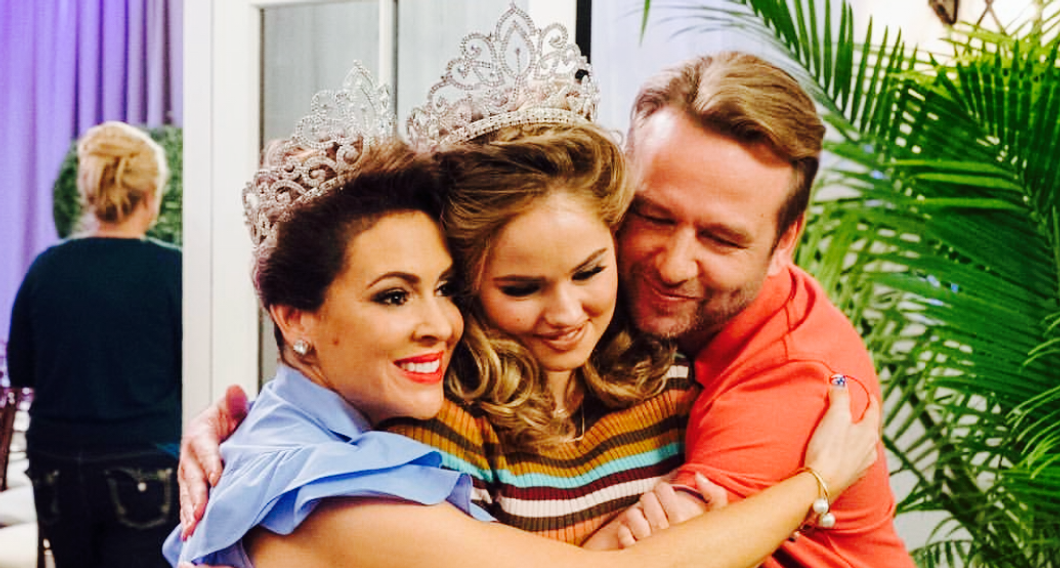In the last couple of years, it is no surprise that with every Netflix-original movie or TV show, there is going to be some backlash. In the past, shows such as 13 Reasons Why and now a new show "Insatiable" have received mass criticism over social media for portraying serious issues such as depression, drug use and abuse, anger, anxiety, self-consciousness, suicide, and the list goes on.
The truth is, Netflix has no idea how to start an intelligent conversation about suicide prevention without portraying a raging teenager who uses her suicide as a method of ultimate revenge on those who wronged her--referencing Hannah Baker, the protagonist from 13 Reasons Why. Or maybe Netflix thinks that giving Debby Ryan a fat suit to play a bullied, obese teenage girl who loses all her weight due to a serious medical injury that leaves her with no choice but being fed by a tube will start the conversation about self-image.
Netflix, a company of adults who live in a completely different generation compared to today's youth, have no business using serious issues that affect our generation more than ever for entertainment.
Watching a TV show or movie where the characters engage in these dangerous behaviours do not have a lasting impact on its audiences, predominantly teenagers. Those who watch these are led to believe that the actions of their favourite characters are normal behaviours. So instead of starting a conversation about these issues, Netflix misleads the youth into thinking what is abnormal and dangerous is common.
This would explain why Google searches of "How do I kill myself?" increased over 20% after 13 Reasons Why was released in Spring 2017 on Netflix. Obviously, the show's intent to "make you uncomfortable" by its graphic content was to "spark a conversation" failed tremendously. As they were advised by fellow psychiatrists before filming and airing their show, graphic scenes of rape, suicide, and other forms of violence are toxic, triggering its audience.
With the latest release of Netflix's "Insatiable", Netflix once again fails to educate its audiences by incorrectly casting, producing, and writing the script for the show. Like Netflix's other originals, this show preys on basic stereotypes--such as an intolerant school that constantly bullies "fat", "ugly", and "gay" students. I am not saying that bullying does not exist...it does, just in different forms, such as cyberbullying. Yet, pushing kids into lockers, calling people "fat", or making fun of someone just because they are "ugly" seems a little too 1980s-2000s for me.
Netflix should accept that it is not their role to solve these problems nor rely on the actors, producers, or directors to solve every issue that plagues every member of their audience. Has putting the pressure on celebrities and their families not been enough lately? Look what the pressure of being a role model as a teen actress did to Demi Lovato during her career? Are we not going to acknowledge that these social problems can be felt by anyone, especially celebrities.
Netflix must accept this reality before it receives even more backlash for another poorly created TV show or movie. It is not their job to disproportionally speak out against the social evils of our world, and it is not their responsibility to showcase insensitive material that fails its ultimate purpose to make its young audience more socially aware about certain issues such as drug use and abuse, sexual assault, bullying, suicide, depression, etc. when those who write these shows will never truly understand our generation.
















